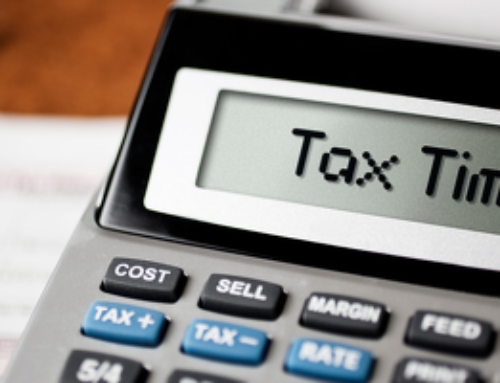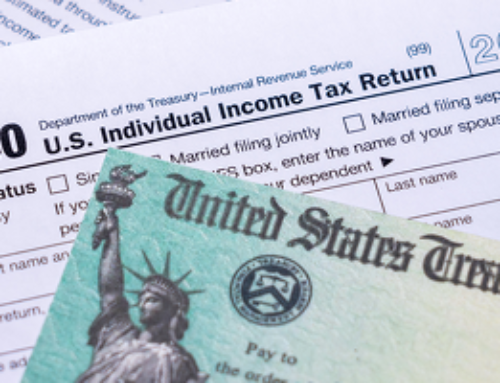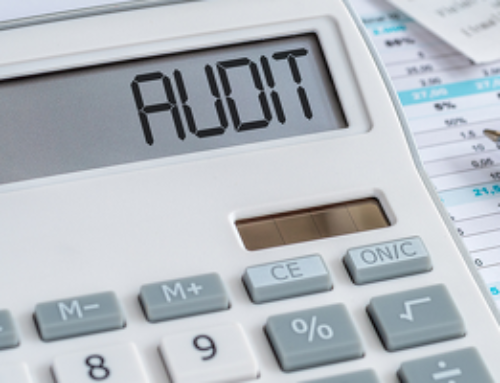‘Well begun is half done’, that’s an incredibly apt saying. Surprisingly, it holds good in all walks of our lives, including the way we handle our finances. Now try to correlate this idiom with having to do your taxes. We are sure you have a strong context now. Filing taxes is often perceived as a mammoth task. However, if you make a good beginning we are sure you will find doing your taxes a cakewalk. It all starts with getting things organized. Thus, 1040Return.com is here to help you organize your tax information so that you can complete the filing process in a hassle-free way. So let’s begin!
- Make a Documents Checklist
First off, make a checklist of all the documents before you actually start doing your taxes. The list should contain the names of the forms, types of income, documents to support your deduction claims, credits and exemptions and alike. Imagine the pain when you realize you missed submitting a document after you have already filed your taxes. Now you will have to amend the tax return and submit it all over again. Not to mention the delay it will cause in getting the refund, if you are eligible for it. The checklist will help you keep a track of the documents that you already have and those you still have to arrange.
For example, you will need the following forms depending on your situation.
- Form 1098 – If you pay for a mortgage of your home.
- Form 1098E – If you are paying for a student loan.
- Form 1098T – If you are paying for the college education for yourself or a dependent and want to write-off the expenses.
- Form 1095-A – If you have purchased the healthcare insurance from the Marketplace and have received a subsidy under the Affordable Health Care Act, and need to reconcile the advance credit payments with the actual credit.
- Highlight the Important Dates on Your Calendar
It makes sense to mark all the important dates of the tax season on your calendar, so that you will not forget any of them as well as know how much time you are left with. It will help you keep a steady pace as you work on your taxes. With April 15th being the cut-off date for filing your taxes, it is of course the most important day. Nevertheless, you should get your forms well in advance. Usually, you should be able to arrange the Form W-2, 1098, 1098E, 1098T or 1099 by 15th February.
In case you fail to receive your W-2 from the employer, you have an option of filing a substitute W-2 using your last paycheck stub. However, you should try to arrange for a W-2 because the last paycheck stub statement and the W-2 rarely match.
- Accuracy of the Information
Inaccurate information such as incorrect Social Security numbers, incorrect birthdates, etc is one of the major reasons why tax returns get rejected. Accuracy of the information is crucial, especially if you have any dependents and claims on your tax return. Therefore, make sure you enter the Social Security number and birthdates of all the family members correctly.
- Choose a Filing System
Given the speed and convenience of filing the taxes online with 1040Return.com makes sense. You should always print out a copy of your tax return for your records. Group the similar documents and keep them together using a folder. Color coding the different sets of documents will help keep any confusion at bay. Besides, it’s always good to maintain the physical documents. They come handy if you are ever audited by the IRS.
- Maintain the Tax Returns for Three Years
The IRS might require you to prove that you have paid your taxes for the previous years. You need to maintain the tax returns and the supporting documents for every year you filed your taxes. It would be extremely smart of you to store your previous years’ tax returns using a separate folder, and each file labeled with the tax year. Try not to mix them up with the supporting documents. When it comes to conducting the audits, the IRS can go as far back in time as they want to. But generally speaking, three years of record keeping should suffice.
Good record-keeping, systematic arrangement and timeliness is the essence of organizing your tax information is the best possible manner. Ideally you should file your taxes on 31st January, when the IRS has just begun to accept the tax returns. However, it might not always be possible because a lot of supporting statements end up coming a week later. The best thing you could do is be sure you have all the supporting documents when you file your taxes, eventually cutting down the odds of your return getting rejected.






